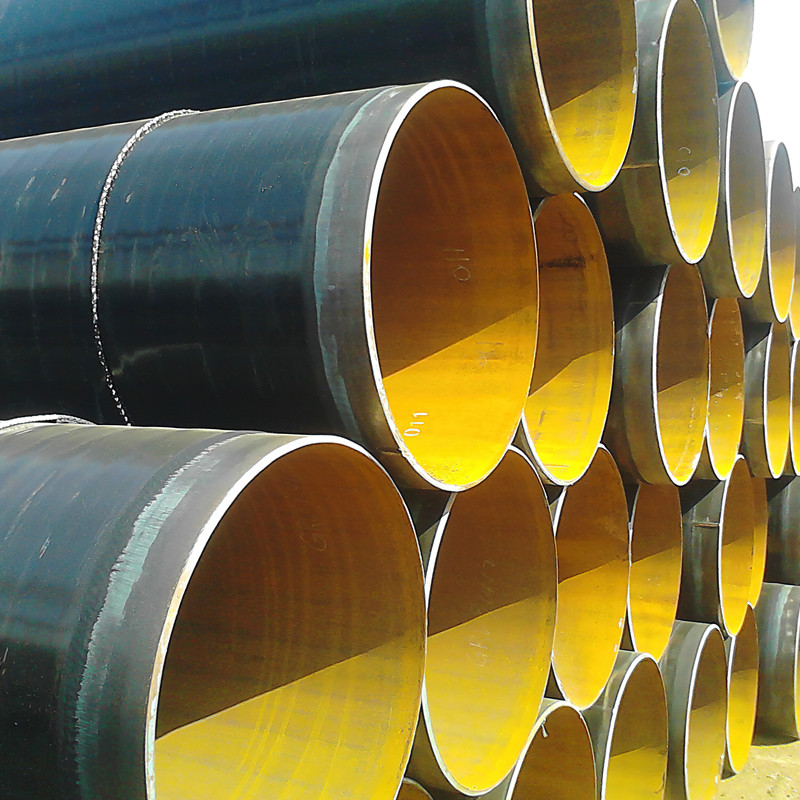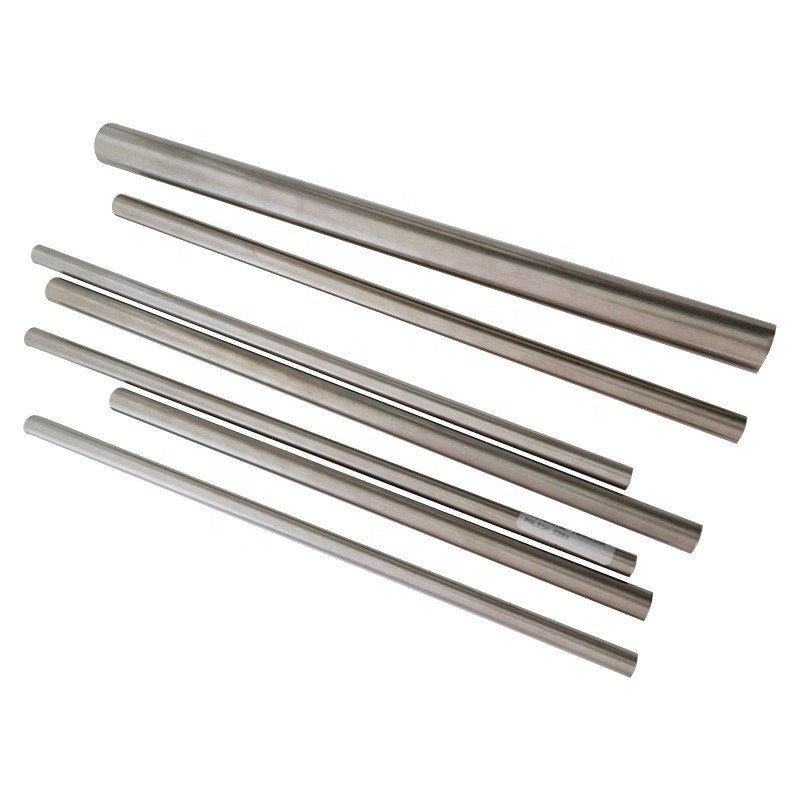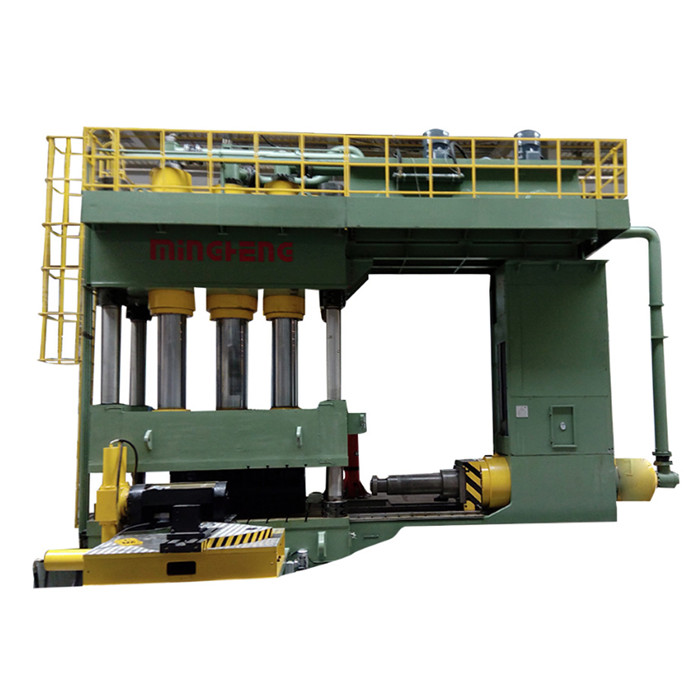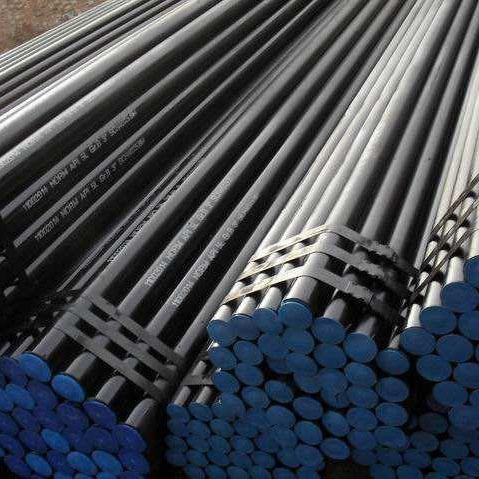Field Notes on a Modern firefighting pipe: what spec sheets don’t tell you
I’ve toured more pump rooms than I care to admit, and the quiet hero is often the red line overhead—the firefighting pipe. The Firefighting Pipe (Astm A53 Bs1387) out of Rm 1103, Shangpintaihu Bld 3#, Tongzhou District, Beijing shows up in places where you don’t want surprises: data halls, hospitals, offshore modules. Trends? Tighter tolerances, cleaner interiors for MIC control, faster ERW lines, and traceability from coil to coating. In fact, many customers say documentation speed now matters almost as much as steel grade.
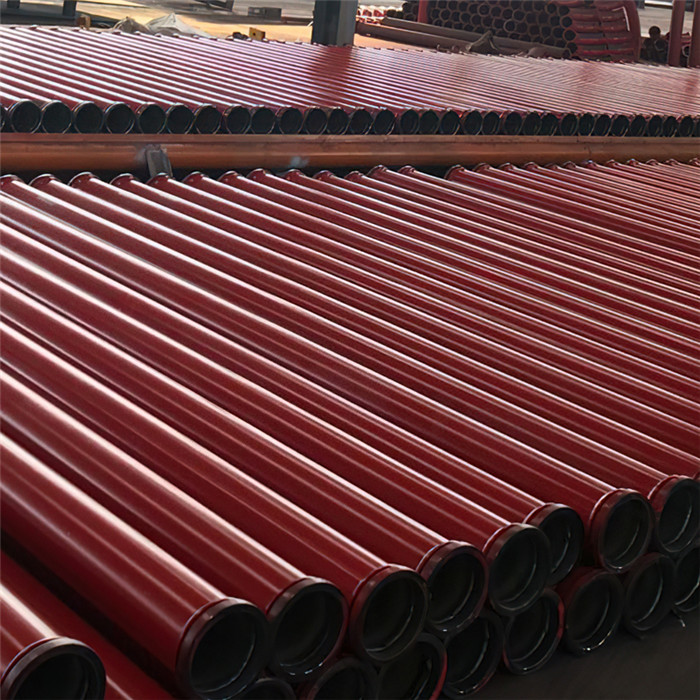
Specs that matter in the real world
| Standards | ASTM A53, A106; BS 1387, BS EN 10219; JIS G3456/G3446; GB/T 3091, 8162, 8163 |
| Outer Diameter | 21–508 mm (≈ 1/2"–20") |
| Wall Thickness | 1–20 mm (actual availability may vary by heat size) |
| Techniques | SEAMLESS; ERW (Welded) |
| Grades | Q195–Q345, 20#, 45#, A53 (A,B), A106 (B,C), ST37–ST52, ST35.8, 16Mn, STBA20–26, STPA22–26 |
| Surface | Galvanized; red painted (shop primer for fire service); bare on request |
| Types | Welded ERW, Seamless |
Testing, by the way, is not a checkbox. Hydrostatic to ≈3.2 MPa (typical), flattening and bend tests per ASTM/BS, and internal cleanliness checks for MIC mitigation. Coating adhesion is pulled to around 5A–5B per ASTM D3359 when customers request it. Service life? Around 25–50 years with correct design per NFPA 13, drainage, and corrosion monitoring—real-world use may vary.
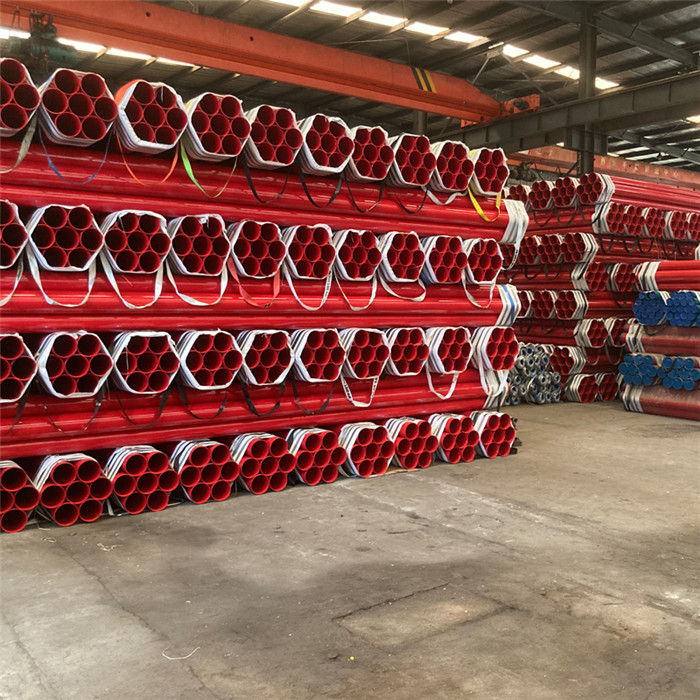
Process flow (short version)
- Materials: coil/ingot from qualified mills (heat traceable), chemistry aligned to A53/A106 or BS 1387.
- Methods: ERW high-frequency welding or hot-rolled seamless; online UT for weld seam integrity.
- Finishing: cut-to-length, bevel or plain-end; groove prep for couplings; red paint or zinc coat.
- Verification: hydro test, NDT (UT/eddy-current as specified), dimensional gauge, coating DFT.
- Docs: mill certs (3.1), WPS/PQR records, batch test data, sometimes UL/FM files if specified.
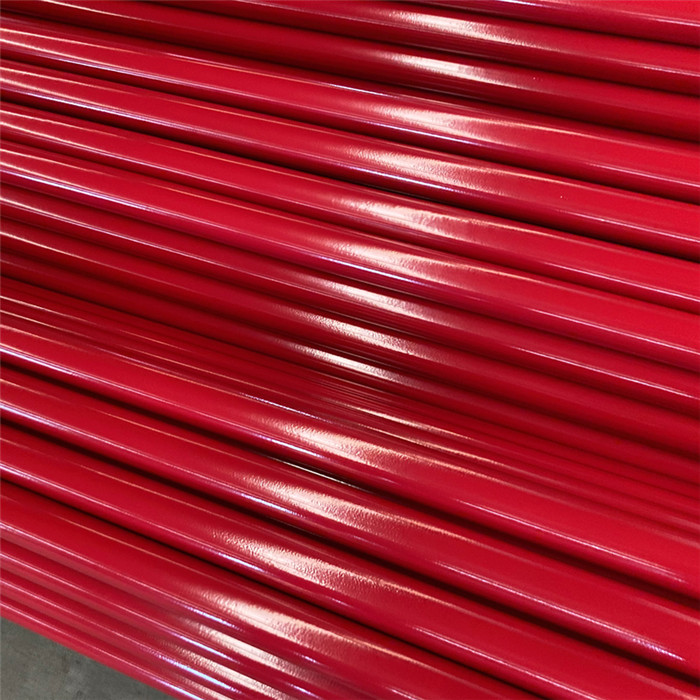
Where it’s being used (and what people say)
Applications include high-rise commercial cores, logistics warehouses, oil & gas utilities, tunnels, data centers, and airport concourses. Installers I spoke with like the consistent groove fit on firefighting pipe spools—less rework. One GC joked the paint held up better than the wall studs during a tight handover week.
Vendor snapshot (informal, but practical)
| Vendor | Approvals/Certs | Coating options | Lead time | Notes |
|---|---|---|---|---|
| World Steel Material | ISO 9001; supplies to NFPA 13 projects; UL/FM available on request | Red paint, galvanized | ≈2–4 weeks | Strong ERW line; good docs turnaround |
| Vendor B | UL listed on select sizes | Red paint only | ≈3–6 weeks | Competitive pricing; longer QA cycle |
| Vendor C | FM approved on specific schedules | Galv + epoxy (select) | ≈4–8 weeks | Premium; strong export logistics |
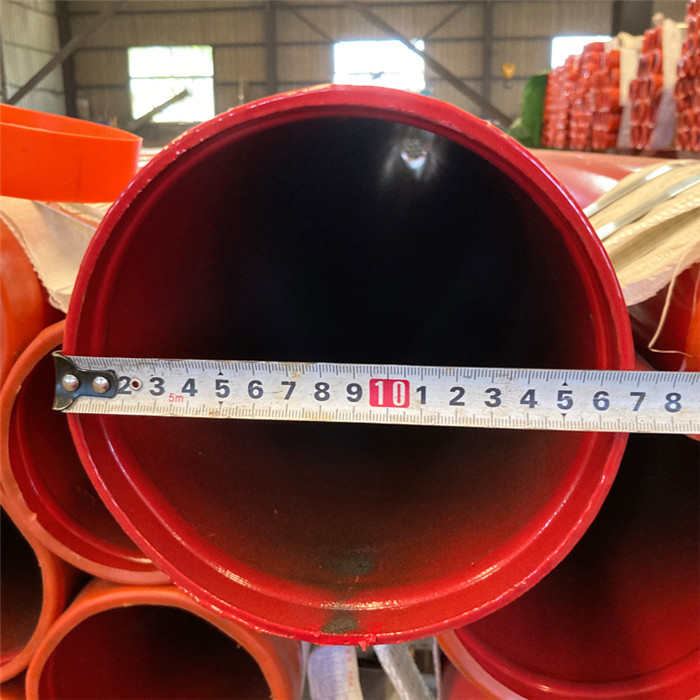
Customization and a quick case
Customization usually means OD/wall tweaks, bevel/groove ends, color code, and DFT control (say 60–80 µm). I’ve seen a hyperscale warehouse get 14% faster install by ordering pre-grooved firefighting pipe bundles with heat-numbered labels. Pressure tests passed on first shot: sample hydro 3.2 MPa for 5 s, zero seep, OD tolerance within ±0.5%—nothing flashy, just solid execution.
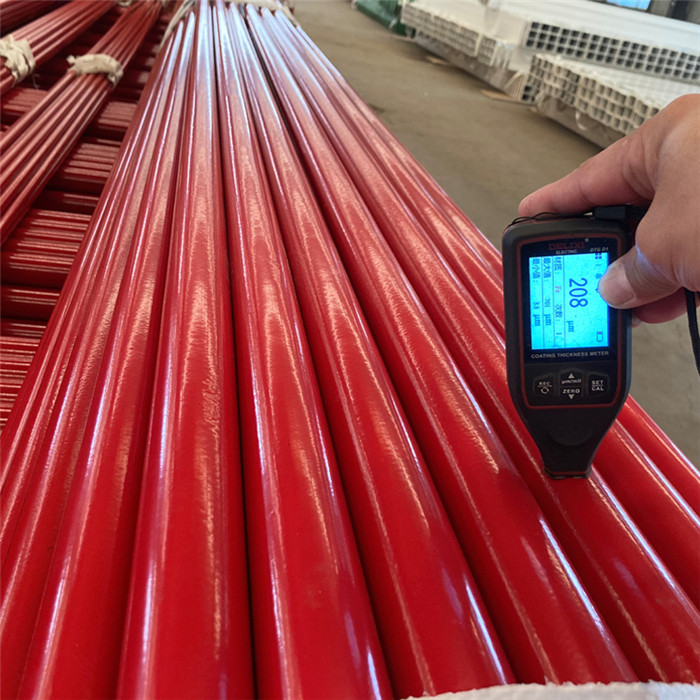
If you’re scoping a bid, align the spec with NFPA 13, lock the standard (A53 vs BS 1387), specify coating DFT, and require hydro/NDT reports in submittals. It seems basic, but that’s what keeps the change orders quiet.
References
- NFPA 13: Standard for the Installation of Sprinkler Systems, National Fire Protection Association.
- ASTM A53/A53M: Standard Specification for Pipe, Steel, Black and Hot-Dipped, Zinc-Coated, Welded and Seamless, ASTM International.
- BS 1387: Specification for screwed and socketed steel tubes, British Standards Institution.
- FM Approval Standard 1635: Ductile Iron and Steel Pipe for Automatic Sprinkler Systems, FM Approvals.
Post time: Oct . 16, 2025 15:20










